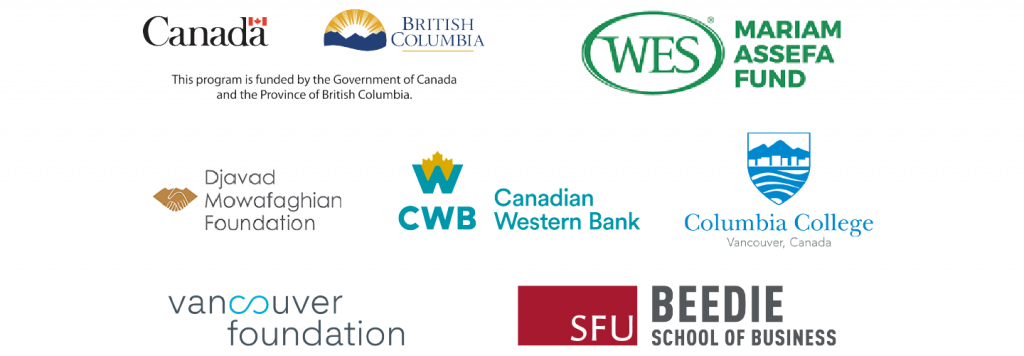This blog was written by Kathleen Bono, Alumnus of the 2021 Migrant Systems Change Leadership Certificate program, from RADIUS’ Refugee Livelihood Lab. Photo by: Annie Spratt
Being a newcomer to Vancouver, I found myself struggling to find my place in a new city, especially with COVID-19 keeping me isolated from exploring my environment and building connections. It was difficult to navigate predominantly white spaces, and it made me realize the importance of finding support and community. When I joined the Migrant Systems Change Leadership Certificate program, I felt hopeful again. To be in a space where I was represented, heard and seen by people made me feel a deep sense of belonging.
In the first few sessions, I felt overwhelmed and uncomfortable with the topics that were explored and the different conversations that were coming up because they focused on internal work and self-reflection in understanding and locating yourself in a world premised on colonialism, mapping my immigration journey, and understanding how we fit in these systems. This approach became a strong foundation for me to recognize my own privileges and how I can benefit but still be targeted by the same system that marginalizes racialized immigrants and refugees. Conversations around inner power, self-compassion, and self-awareness made me realize how significant our voices can be within our own communities, finally being in the room, leading conversations, and making decisions that serve us.
The brilliant facilitators and advisors in our space were able to create a safe and supportive environment for us to build on our understanding of power, systemic oppression, and Indigenous issues and, in a non-judgmental way, to ask questions and be vulnerable with each other. Before, I didn’t feel like I had the language to express how I was feeling, but through the MSCL program, I was able to gain confidence in navigating these conversations. Although our classes were mainly online, I could connect with my peers deeply and found long-lasting friendships, and finally, a community that I was able to call my own.
Despite having a diverse group of people in this space that carried different lived experiences, identities, and cultural backgrounds, I was still able to connect and be vulnerable with my peers. I found that we were all on the same journey to understand ourselves and the system we operate and live within. For example, once we started talking about Equity Centered Design, I thought that I couldn’t relate to the concepts that were being discussed in class as an architect, but I slowly realized that it didn’t matter what profession I was in – issues such as racism, discrimination, white supremacy, and colonial perspectives were embedded in my profession. This part of the class allowed me to recognize this and move forward with my topic around implementing meaningful user engagement within the formal architectural processes; to finally centre users in the design process by gathering their creative input and allowing them to advocate for their needs.
Not only was I able to gain so much knowledge and experience from this program, but I was able to gain connections and support. Moving forward, I’ve found myself constantly reflecting on what I’ve learned and how I want to implement these values within myself and in the work that I continue to do.
-Kathleen Bono
The Migrant Systems Change Leadership Certificate program is offered by RADIUS’ Refugee Livelihood Lab, made possible through funding from:
Ministry of Social Development and Poverty Reduction
WES Mariam Assefa Fund (MAF)
Canadian Western Bank
Djavad Mowafaghian Foundation
Columbia College
Vancouver Foundation
SFU’s Beedie School of Business

